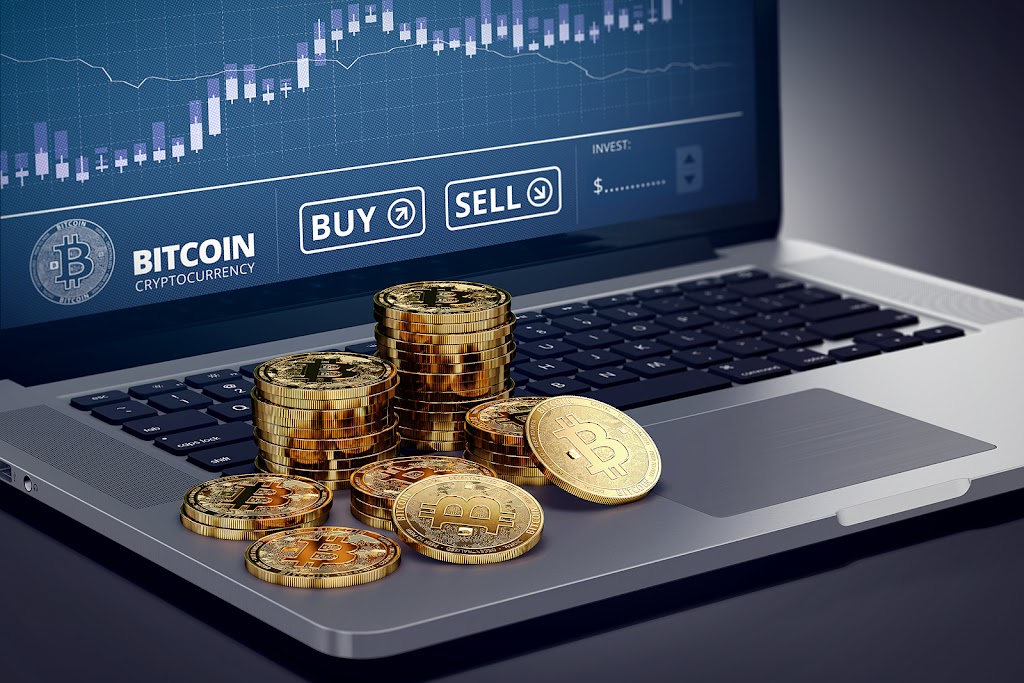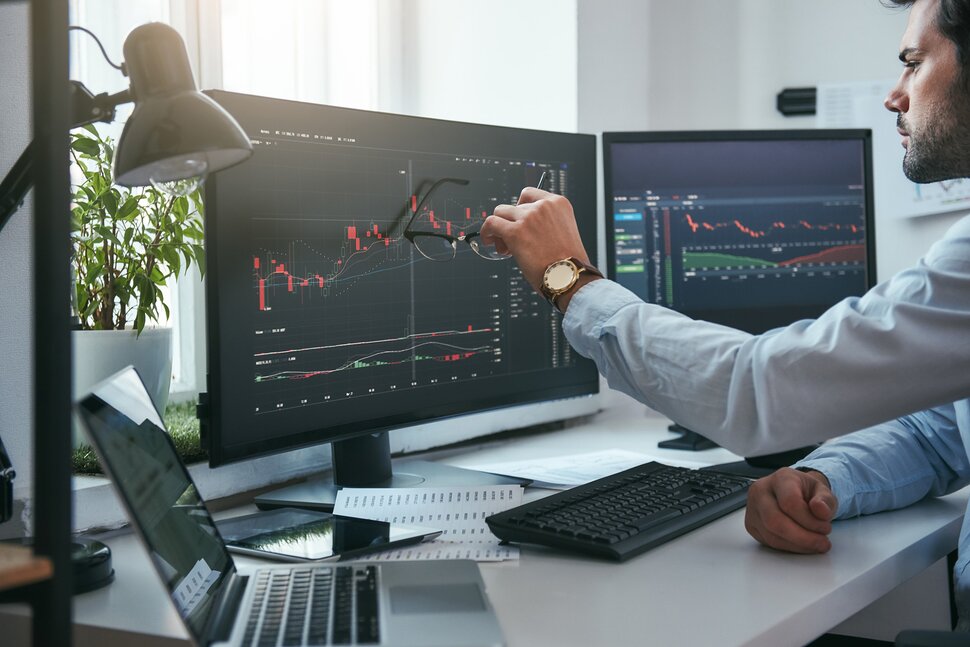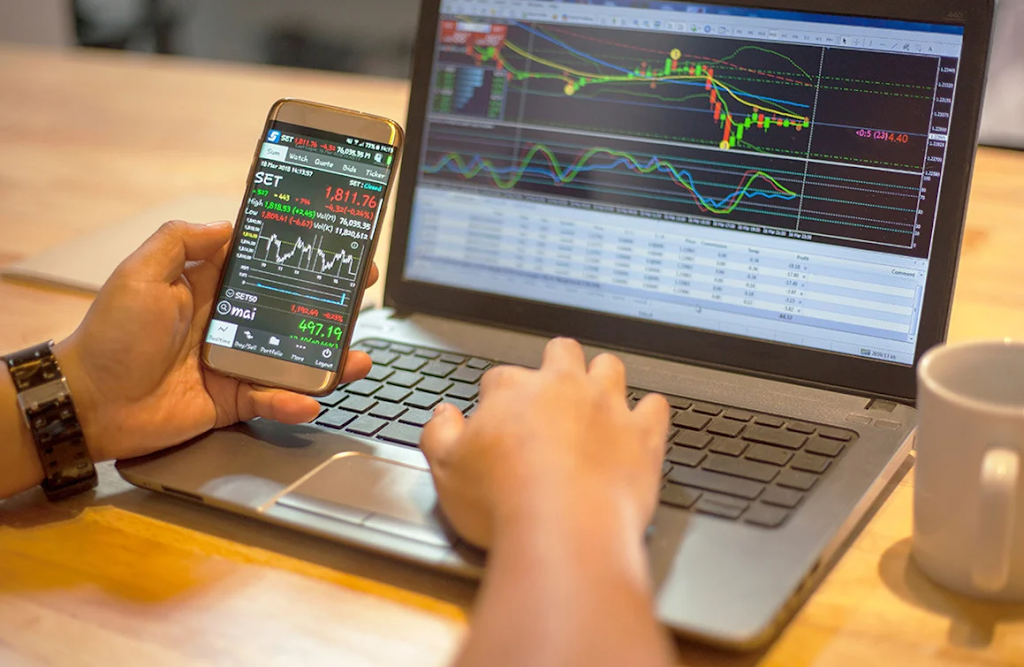Futures Markets Comprehensive Guide
Futures markets are a critical element of the worldwide economic system, gambling a crucial function in price discovery, threat management, and investment. In this comprehensive guide, we will delve into the intricacies of futures markets, exploring what they are, how they function, and their historic significance.
What Are Futures Contracts?
Futures contracts are standardized agreements between parties to purchase or sell a particular amount of an underlying asset at a predetermined rate and date in the future. These contracts are traded on prepared exchanges, and they serve numerous critical functions:
– Price Discovery: Futures markets help determine the destiny fee of an asset, supplying treasured facts to market participants.
– Risk Management: They permit agencies to hedge towards rate fluctuations, decreasing uncertainty in their operations.
– Speculation: Traders can income from fee actions with out owning the underlying asset.
History of Futures Markets
The origins of futures buying and selling can be traced again to historical civilizations, however current futures markets as we recognise them started to take form in the nineteenth century. The Chicago Board of Trade (CBOT), founded in 1848, played a pivotal position in the development of futures buying and selling by way of introducing standardized contracts for agricultural commodities. This innovation paved the way for the growth of futures markets worldwide.
Participants in Futures Markets
Futures markets attract a various set of participants, every with unique roles and motivations:
– Hedgers: These are typically agencies searching to mitigate fee risk. For instance, a farmer might use futures contracts to lock in a promoting charge for their crop.
– Speculators: Traders who are looking for to earnings from charge moves without any intention of owning the underlying asset.
– Arbitrageurs: Individuals or firms who exploit rate discrepancies between associated property in distinct markets.
How Futures Markets Work
To understand the inner workings of futures markets, it’s crucial to hold close the concept of margin and leverage. When a trader enters into a futures contract, they are required to deposit an initial margin with the exchange, which acts as collateral. This preliminary margin lets in buyers to control a more widespread position than they should with their own capital, making futures trading attractive however also riskier.
The idea of margin also leads to the possibility of margin calls. If the marketplace movements towards a trader’s position, they may additionally be required to deposit extra budget to cowl ability losses, which can be a extensive supply of threat in futures trading.
Types of Futures Contracts
Futures contracts cowl a extensive variety of assets, and they can be categorized into numerous types:
– Commodity Futures: These contracts contain physical items like grains, metals, and strength products. Commodity futures are essential for manufacturers and consumers to hedge towards price fluctuations.
– Financial Futures: These contracts are based on economic devices such as inventory indices, interest rates, and currencies. They are widely used for speculation and chance management.
– Index Futures: Index futures allow buyers to speculate on the performance of stock market indices like the S&P 500 or the NASDAQ. They provide publicity to the broader market.
– Currency Futures: These contracts allow contributors to alternate one forex for every other at a special alternate rate. They are critical for dealing with forex danger in global business.
Benefits and Risks of Futures Trading
Futures trading offers numerous advantages:
– Liquidity: Futures markets are exceedingly liquid, allowing for easy access and exit.
– Diversification: Traders can get right of entry to a extensive variety of assets, diversifying their portfolios.
– Efficiency: Futures markets are efficient, reflecting modern-day records and expectations.
However, trading futures additionally comes with risks:
– Leverage Risk: The use of leverage can extend both gains and losses, making it essential to manipulate risk effectively.
– Market Risk: Futures costs can be incredibly volatile, and unexpected price moves can lead to sizable losses.
– Counterparty Risk: There is a chance that the counterparty to a futures settlement may also default on their obligations.
Factors Affecting Futures Prices
Futures prices are inspired through a myriad of factors, including:
– Supply and Demand: Changes in supply and demand for the underlying asset can force futures prices.
– Economic Indicators: Economic reports such as GDP, inflation, and employment records can impact futures markets.
– Geopolitical Events: Political instability, wars, and diplomatic tensions can lead to market uncertainty.
Trading Strategies
Successful futures buying and selling frequently entails the use of numerous strategies tailored to specific market conditions. Some not unusual techniques include:
-Trend Following: Traders purchase or promote primarily based on the winning marketplace trend.
– Spread Trading: This approach entails taking offsetting positions in associated futures contracts to earnings from rate differentials.
– Options Strategies: Traders use alternatives on futures contracts to hedge or speculate.
Regulation and Oversight
To make certain the integrity and stability of futures markets, regulatory bodies like the Commodity Futures Trading Commission (CFTC) in the United States oversee and enforce guidelines and regulations. These rules help maintain transparency, prevent fraud, and guard marketplace participants.
Notable Futures Market Moments
Throughout history, futures markets have witnessed large activities such as the 2008 monetary disaster and the oil rate collapse in 2020. These moments underscore the significance of futures markets in reflecting and reacting to worldwide monetary shifts.
Conclusion
In conclusion, futures markets are a cornerstone of the international financial system. They provide important capabilities for hedging risk, charge discovery, and speculation. Understanding how futures markets work and the risks and benefits they provide is essential for absolutely everyone searching to take part in these dynamic and influential markets.
By exploring the history, participants, sorts of contracts, and buying and selling strategies, as properly as the regulatory framework and elements influencing prices, this comprehensive manual has supplied a solid basis for your journey into the global of futures markets.
Thank you for reading our manual to futures markets. We wish you determined it informative and precious for your expertise of this complicated and charming thing of the economic world. If you have any questions or could like to delve deeper into any unique topic protected in this guide, sense loose to reach out and explore the wealthy panorama of futures trading.

.png)



